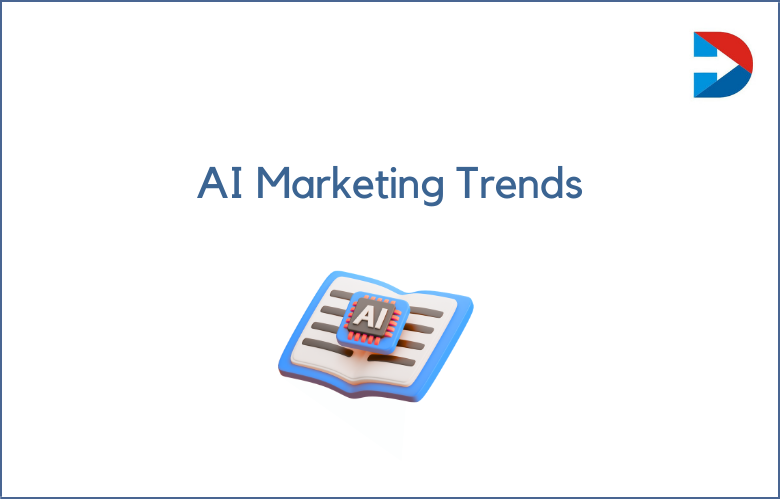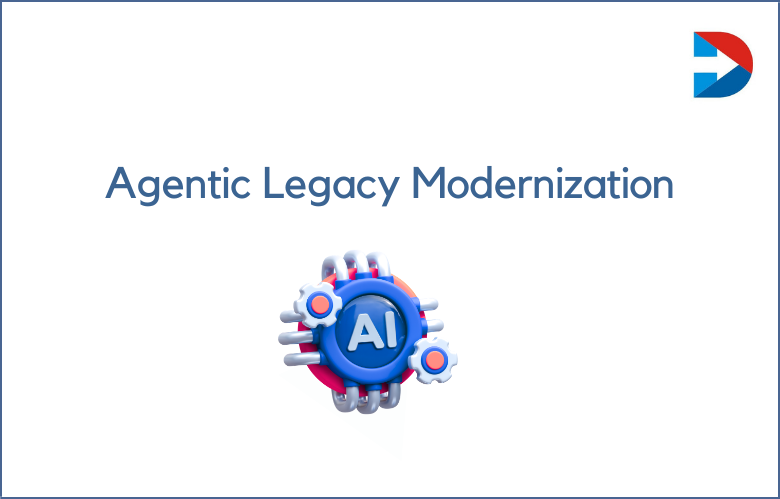
As technology advances, advertising has become increasingly targeted and personalized using Artificial Intelligence (AI). Advertisers can gather more data on individuals than ever, allowing advertisements to be tailored to their preferences and interests with great accuracy.
However, as AI advertising continues to grow, it has brought about several ethical questions that need to be addressed. We will discuss some of the major moral questions surrounding AI advertising and how we can begin managing them.
Artificial intelligence (AI) has become an increasingly important factor in advertising. While AI has brought numerous benefits to the industry, it also raises ethical questions that need addressing. As AI technology becomes more advanced, its moral dilemmas become more complex and challenging. We will delve deeper into these ethical concerns and offer possible solutions to ensure that AI advertising remains fair and responsible.
Balancing Persuasion and Manipulation: Ethical Dilemmas in AI Advertising
As Artificial Intelligence (AI) technology continues to advance and shape the advertising landscape, businesses must navigate the potential ethical dilemmas that arise. How do they ensure their advertisements are persuasive without crossing the line into manipulation? The line between these two tactics is often blurred, leading to concerns about informed consent, privacy invasion, data manipulation, and potential consumer harm.
AI advertising can personalize ads to individual consumers by collecting data on their online behavior, interests, and preferences. However, this technology can also achieve much more, targeting users based on their emotions, mental state, and physical appearance.
This raises questions about ethics, including privacy and data protection. AI-powered advertising techniques could potentially exploit vulnerable individuals, perpetuate biases and stereotypes, or even manipulate them into purchasing products or services they do not need or want.
The Fine Line: Morality and AI in Advertising
The concept of AI in advertising has become increasingly popular in recent years, presenting both an opportunity and a challenge for advertisers. AI in advertising allows for more precise targeting and a better understanding of audience behavior, but it also raises concerns regarding morality and ethical considerations.
On one hand, AI can help advertisers ensure that their ads are seen by the right people at the right time. By analyzing data, AI software can determine the ideal audience for a particular product or service and the best time and platform to showcase it. In this way, AI can increase the effectiveness and ROI of advertising campaigns.
However, the use of AI in advertising can also pose serious ethical concerns. For example, there are concerns about how AI manipulates consumer behavior and decision-making. Advertisers can use AI algorithms to analyze users’ behaviors, preferences, and interactions to create highly targeted ads to elicit a specific response.
Alleviating Consumer Concerns: Ethical Standards in AI Advertising
Artificial intelligence (AI) has revolutionized the advertising industry in recent years. However, with this change comes the growing concern about ethical standards in AI advertising. Consumers are becoming more aware of how their data is being used to fuel targeted ads and are demanding transparency and accountability from advertisers.
One major issue is that AI algorithms are trained on vast amounts of data, including personal information collected from consumers. This raises concerns about privacy and consent. Advertisers must ensure that they have obtained consent from consumers before using their data and that the data is protected from misuse or unauthorized access.
Beyond Profit: Ethical Advertising Practices in the Age of AI
In today’s world, where artificial intelligence (AI) and machine learning have become integral parts of every industry, advertising is also undergoing significant changes.
AI-powered advertising has brought immense benefits, including higher efficiency, personalization, and reach. However, the rise of AI has also raised critical ethical concerns. Advertisers and marketers must be responsible and adopt ethical advertising practices prioritizing user privacy, trust, and authenticity.
One of the most significant ethical concerns surrounding AI-powered advertising is the potential for manipulation and bias. AI algorithms analyze vast amounts of data to create highly targeted and personalized ads. However, when these algorithms are used to manipulate people’s behavior or enforce stereotypes, it can lead to harmful consequences.
AI Advertising: Navigating the Ethics of Targeted Messaging
As artificial intelligence (AI) advances, it is becoming a powerful tool in nearly every aspect of our lives, including advertising. Targeted messaging, made possible through AI algorithms that analyze user data, has increased advertising. Advertisers can now deliver highly personalized and relevant content to consumers, increasing engagement and driving sales.
However, this use of AI in advertising brings ethical concerns that must be carefully navigated. With the abundance of data available, advertisers must respect individual privacy and ensure that the use of personal data is transparent and lawful. Consumers have the right to know when their data is collected and how it is used. Advertisers must be transparent about the data they collect and the criteria they use for targeted messaging.
Can AI Advertising Be Truly Ethical?
The rapid advancements in Artificial Intelligence (AI) have transformed the advertising industry landscape, allowing for more personalized, targeted, and effective campaigns. However, with this newfound power, concerns have arisen about the ethics of AI advertising.
One of the primary concerns is the collection and use of personal data. AI algorithms analyze vast amounts of data to target the right audience, but what about the privacy of individuals? In recent years, we have witnessed several high-profile data breaches, such as the Cambridge Analytica scandal, highlighting the need for stricter regulations and guidelines.
The Ethical Imperative: Responsible AI Advertising
Artificial intelligence (AI) has revolutionized business operations, particularly in advertising. With its ability to analyze vast amounts of data and predict consumer behavior, AI has become an indispensable tool for marketers.
However, as AI continues to play an increasingly important role in advertising, there is a growing ethical imperative to ensure that it is used responsibly and considers its potential impact on individuals and society.
Responsible AI advertising means using AI in a way that respects privacy, avoids discrimination, and is transparent and accountable. This is particularly important given the potential for AI to amplify existing biases and perpetuate discrimination.
For example, an AI-powered ad campaign that targets young, affluent white males may inadvertently exclude people who don’t fit into this demographic, such as women, minorities, and low-income individuals.
Ethical Considerations in AI-Driven Targeted Advertising
Artificial Intelligence (AI) has revolutionized the advertising industry. Targeted advertising has become all the more sophisticated, effective, and precise with the advent of AI. However, ethical considerations have arisen concerning AI-driven targeted advertising.
One ethical challenge posed by AI-driven targeted advertising is the risk of discrimination and bias. The algorithms and user data that AI relies on can sometimes perpetuate unfair stereotypes and prejudices.
For instance, if an AI algorithm relies heavily on user location data, it may disproportionately target ads to white and affluent communities, inadvertently discriminating against minorities and low-income individuals. Similarly, the algorithms may result in discriminatory pricing models, targeting higher prices to specific demographics.
The Future of Ethics in AI Advertising
As the field of artificial intelligence (AI) grows, so does its impact on advertising. AI has already optimized advert targeting and personalized content in real-time, leading to increased engagement and conversions. However, as AI becomes more sophisticated, there is a growing need to address its implications for ethics in advertising.
One concern is the potential for AI to perpetuate bias. Machine learning algorithms learn from data; if that data is biased, the algorithm will reflect that bias in its decision-making. This can result in discriminatory targeting or messaging that reinforces harmful stereotypes. To combat this, there is a need for diverse and representative data sets and ongoing monitoring and evaluation of the algorithms being used.
Conclusion:
AI advertising has immense potential to revolutionize the advertising industry but raises ethical concerns that must be addressed. Companies should strive to be transparent, non-discriminatory, and responsible with their AI technology and ensure that their ads do not infringe on consumer privacy or autonomy. The key to ethical AI advertising is balancing innovation with responsible use so everyone benefits from technological advancements.
Advancements in AI technology, particularly in AI Advertising, have led to numerous ethical concerns. The ethics of AI Advertising is more than privacy concerns, with possible manipulation of consumer data, integration of AI into advertising communications, decontextualized advertising, values and social influence, and quality of the data inputs.
To maintain ethical advertising standards, all stakeholders must acknowledge and address these ethical concerns, particularly business organizations. Although advertising has considerable potential to influence the market positively, it should emphasize a non-harmful and honest approach through a fair and transparent AI implementation process.



